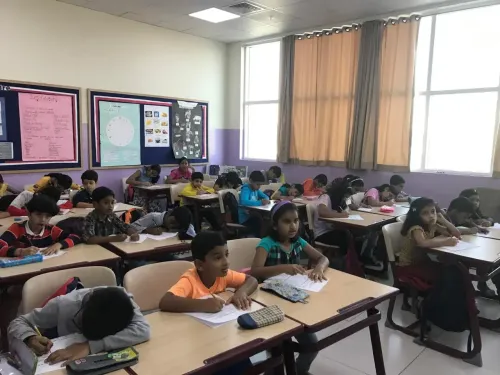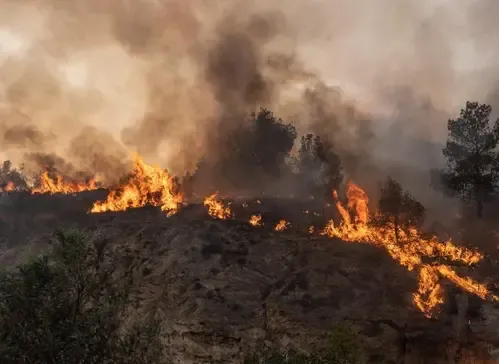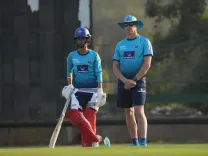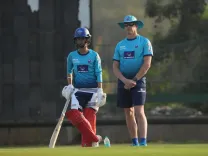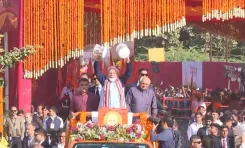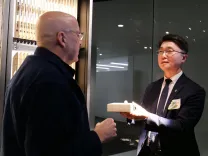Why has the Army in Bangladesh Banned Public Gatherings?
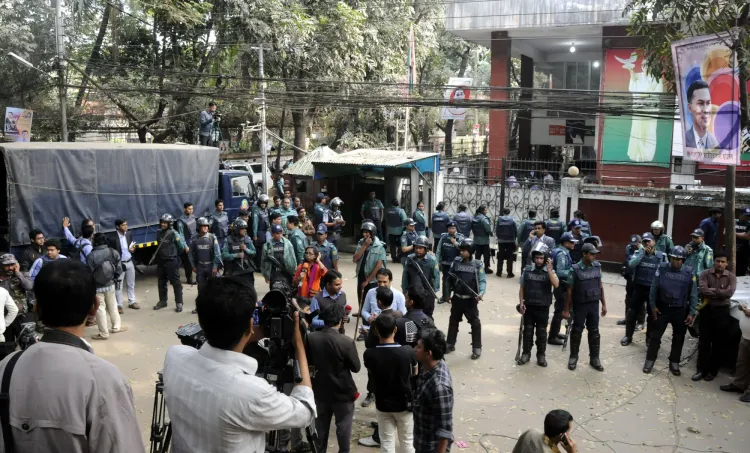
Synopsis
Key Takeaways
- Indefinite ban on gatherings in Dhaka, effective immediately.
- Imposed to ensure law and order and smooth public movement.
- Key areas affected include Kachukhet Road and Bijoy Sarani.
- Protests against the interim government are escalating.
- Political tensions continue to rise with demands for elections.
Dhaka, May 17 (NationPress) The Inter-Services Public Relations (ISPR), the media wing of the Bangladesh Armed Forces, has declared an indefinite prohibition on all forms of gatherings, rallies, processions, demonstrations, and protests in several key locations within the capital city of Bangladesh, Dhaka, starting Sunday and continuing until further instructions.
The ISPR clarified that this ban is aimed at ensuring uninterrupted public movement and upholding law and order.
The areas affected by this restriction include Kachukhet Road, Bijoy Sarani to Jahangir Gate via the Chief Advisor’s office, BAF Shaheen College to Mohakhali flyover, Sainik Club intersection, Bhashantek, Matikata, ECB Chattar, and nearby locations.
Recently, Bangladesh has seen numerous protests against the interim government led by Muhammad Yunus.
On Saturday, supporters of BNP leader Ishraque Hossain demonstrated outside the Nagar Bhaban, the central office of Dhaka South City Corporation (DSCC), urging that their leader be considered for the DSCC mayoral position.
Following this, the protestors supporting Ishraque Hossain as Mayor locked all entrances of Nagar Bhaban, effectively disrupting all service operations from the office.
On Friday, thousands of women gathered in Dhaka, participating in the 'Women's March for Solidarity', demanding action from the interim government against threats faced by women and minority communities in the nation. They also highlighted a misinformation campaign against the Women's Affairs Reform Commission, according to local media.
The demonstrators expressed that women in Bangladesh endure daily harassment, exclusion from decision-making roles, and online abuse, aimed at hindering their political involvement.
Earlier on Thursday, numerous students from Jagannath University blocked the Kakrail intersection in Dhaka, causing traffic delays in adjacent areas. Additionally, hundreds of students and some teachers, including the Vice-Chancellor, participated in a sit-in protest at Kakrail intersection, near Chief Advisor Muhammad Yunus' residence, Jamuna, to advocate for their demands.
Furthermore, students from seven colleges in Dhaka issued a 24-hour ultimatum on Saturday, calling for a gazette notification for the formation of an interim administrative body.
They warned that if their demand is unmet by Sunday, they will initiate harsher protests, including a gherao at the relevant ministry starting May 19.
Conversely, the Bangladesh Nationalist Party (BNP), which has been insisting that the interim government provide a clear roadmap for the upcoming elections and conduct the elections this year, has threatened to take to the streets if the elections are postponed.
Since the interim government led by Yunus assumed power in August 2024, there has been a noticeable increase in street protests in Bangladesh by various groups, reflecting the deteriorating law and order situation in the country.


